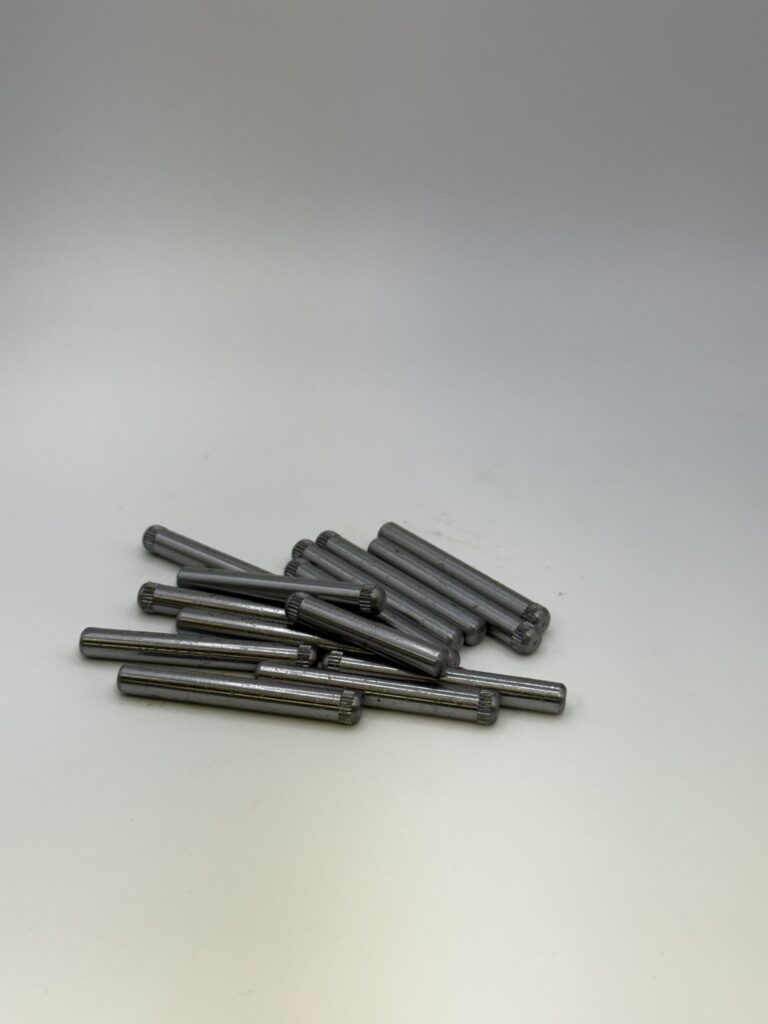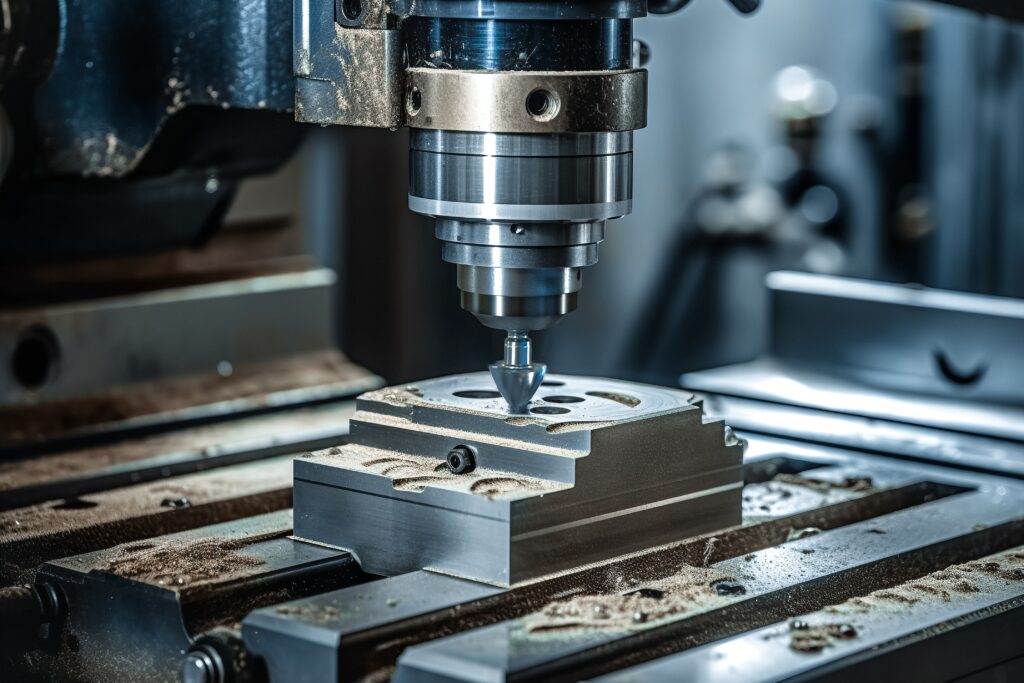Hibshman delivers:
production
runs on your timeline
inspections
delivery
of just 0.1%

Precision CNC components are parts created through computer numerical control (CNC), a process where digital programming guides cutting tools with extreme accuracy. Unlike traditional machining, where some variation is acceptable, high-precision CNC machining produces components that meet exact specifications. These are the kinds of parts that industries turn to when even the smallest error could compromise safety or performance.
Key Tolerance and Spec Requirements
Tolerance is the small margin of error allowed in a part’s dimensions. It tells you how much the size of a component can differ from the design without affecting performance. In precision CNC machining, these allowances are small—often just a few ten-thousandths of an inch.
In fields such as aerospace, surgical instruments, or automotive safety systems, engineers often require tight tolerances, sometimes down to ±0.0002 inches. Meeting these specifications requires modern equipment, advanced machining processes, and carefully calibrated inspection systems, but also the skill and experience of machinists who know how to optimize setups and choose the right cutting tools for the job.
Shops that specialize in precision machining typically provide documented inspection reports and certified quality management, such as ISO 9001. These controls add another layer of assurance, reducing part-to-part variance and keeping every component within a safe and reliable range.
What are Precision CNC Components
Industries Demanding High Precision
The need for high-quality precision components reaches across many industries.
The need for high-quality precision components extends across multiple sectors. In aerospace, parts used in engines and structural assemblies must perform flawlessly under extreme conditions where reliability is mission-critical. Automotive suppliers rely on standard precision-machined parts such as studs, brackets, and pins to maintain consistency across thousands of vehicles. In healthcare, surgical instruments and implantable devices must be free of flaws and made from safe, biocompatible raw materials.
Consumer and industrial markets also benefit from tight tolerances. Companies in these sectors choose precision CNC components to minimize rework, keep lead times on track, and avoid costly downtime that results from underperforming parts.

Common Part Types and Materials
Precision CNC machining covers everything from standard parts like ball studs, gas spring brackets, pins, and fittings to highly complex geometries created on a Swiss lathe or through CNC milling. These parts are made from a range of raw materials, including stainless steel, aluminum, brass, copper, and engineering plastics.
Selecting the right material depends on how the component will be used. Stainless steel offers strength and corrosion resistance, aluminum provides a balance of light weight and durability, and plastics or nylon can reduce cost while meeting performance requirements in less demanding environments.
In other words, the best choice comes down to matching the material’s properties with the part’s function and operating conditions.
How to Validate the Quality of a CNC Shop
When choosing a CNC shop, buyers should look at how the supplier manages quality, delivery times, and overall process control. Certifications such as ISO 9001:2015 establish a baseline of quality. A trustworthy supplier will also advanced cutting tools and maintain strict inspection practices, including first article inspections.
A quality shop will keep defect rates so low that only a few parts are returned out of the millions they manufacture. Another sign of reliability is transparency. Shops with modern ERP systems allow buyers to track jobs in real time, helping them anticipate lead times and gain confidence in the entire process.
Working With a Qualified Component Supplier
Sourcing precision CNC components is a long-term investment in your product’s success. A qualified supplier can manage both low and high-volume runs, assign the right machine to the right job, and maintain efficiency without compromising quality. The shop must also have the flexibility to produce both standard parts and custom parts that fall outside typical categories.
Here’s what to look for in a partner:
- Proven on-time delivery with predictable lead times
- A track record of high-quality, precision results and low return rates
- Transparency in every step of the order process
Working with a supplier that meets these standards helps prevent production delays and keeps your supply chain reliable.
Making Precision Your Standard
Precision CNC components determine how smoothly your operation runs over time. Choosing the right supplier means shorter lead times, fewer production bottlenecks, and parts that consistently meet spec without costly rework.
Whether you’re sourcing for aerospace, automotive, medical applications, or some other exacting field, the takeaway is clear: the precision you demand in a single part will shape the performance of your entire system.
Quote My Job in 48 Hours and see how precision can work for you.
You need a partner—and a supply chain—you can count on.
You need Hibshman.
You need a partner who can handle production runs of any size.
You need a precision product without breaking the bank.


